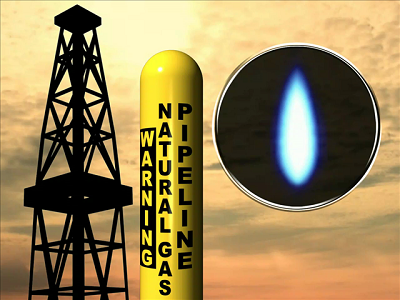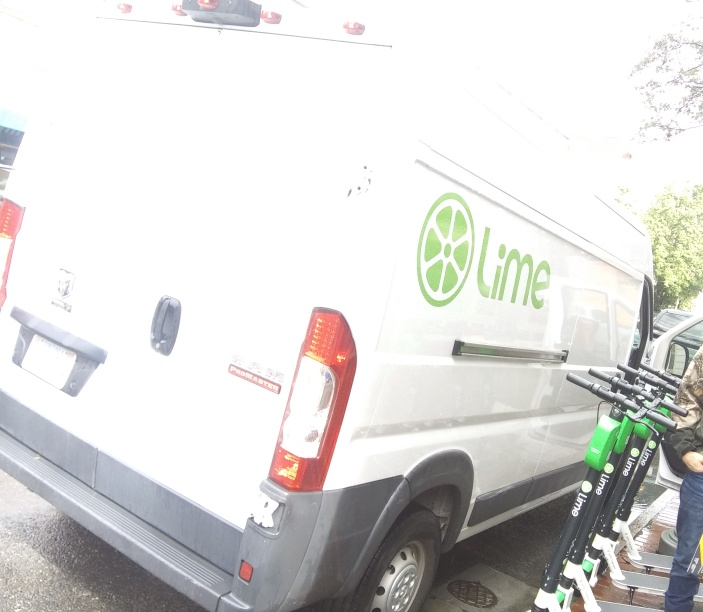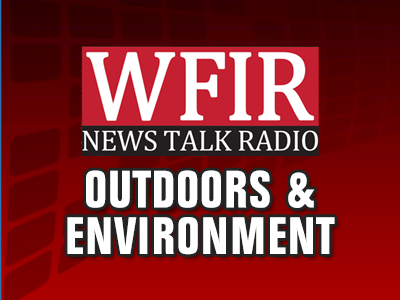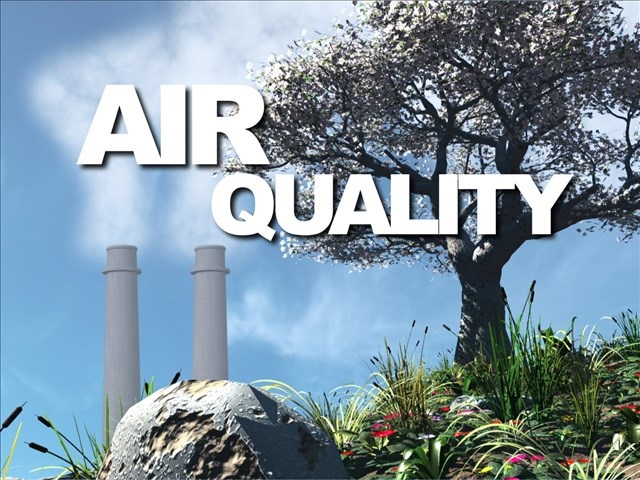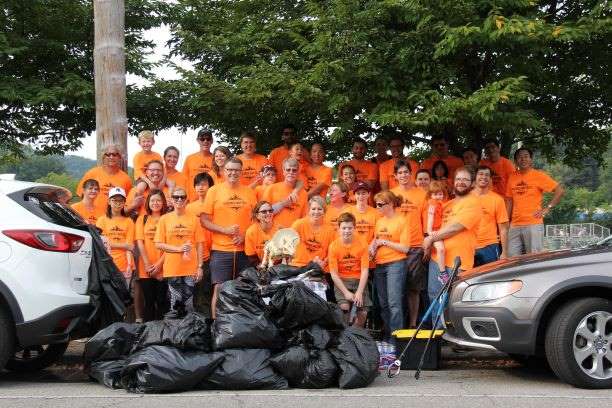The National Weather Service has issued its second Wind Advisory of the week for much of the...
Environment and Outdoors
The public comment deadline is nearing before a proposed consent decree between the commonwealth and Mountain Valley...
Blue Ridge Outdoors Magazine is conducting its 10th annual “Best of the Blue Ridge Awards” with online...
The man who eventually became Roanoke City’s “Scooter guy” says they believe it opens up an affordable...
State game officials are using radio collars to help them learn a lot more about how bears...
Local environmentalist Diana Christopulos is in the running to win the Cox Conserves National Hero award –...
Attorney General Mark Herring says Mountain Valley Pipeline has agreed to pay a civil penalty of $2.15...
There’s a festival on Saturday at the Vinton War Memorial where you not only can bring your...
NEWS RELEASE: Blue Ridge Parkway officials announced today the reopening of the Parkway from milepost 106 to...
State Police say an Arizona man faces multiple charges – some of them felonies – for his...
Virginia’s air quality continues to get better. The Virginia Department of Environmental Quality monitors the air in...
RICHMOND, Va. (AP) — Permits were issued Thursday for the construction and operation of four new solar...
WASHINGTON (AP) — The Supreme Court will consider reinstating a permit that was tossed out by a...
A group of medical school, Ph.D and Master’s students are collaborating with Fralin Biomedical Research Institute faculty...
What started off as a Roanoke custom fabrication shop is now also a luxury vacation rental property,...


